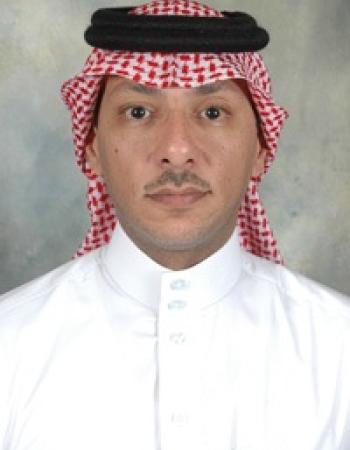ACUTE TOXICITY II: EFFECT OF ORGANOPHOSPHATES AND CARBMATES TO CATLA CATLA FINGERLINGS
Ahmed, Ghazala2,3 , S. Mahboob1, 2, K. A. Al-Ghanim1, S. Sultana2, H. F. Alkahem Al- Balawi1, T. Sultana2, F. Al-Misned1 and Z. . 2014
Pesticides are widely used in modern agriculture to aid in the production of high quality food. However, some pesticides
have the potential to cause serious health and/or environmental damage. Organophosphates (OCP’S) and carbamates can
cause pollution in freshwater ecosystem, as well as having a significant effect on the health of fish. The acute effects of
commercial formulation of triazophos, profenofos, carbofuran and carbaryl were determined in one of the indigenous
fish species, Catla catla fingerlings. Pesticides were applied to fingerlings that had been grown under optimised standard
conditions under a maintained static bioassay system. Probit analysis was used for the estimation of LC50 values, which
were ascertained as 4.84, 0.19, 0.99 and 7.89 mg/L for triazophos, profenofos, carbofuran and carbaryl, respectively.
100% mortality of Catla catla was observed with a 2.8 mg/L dose of carbofuran at 96 hours with a significant difference.
Acute toxic stress was noticed with subjects exhibiting behavioral intoxication, including suffocation, lying on the
bottom, erratic swimming, lethargy and downward movements and gulping prior to mortality.

This current work revealed a single-step fabrication of tungsten oxide nanoflakes (WO3
NFs) with the help of Terminalia arjuna bark extract. Bioactive phytoconstituents of T. arjuna bark…

In the present work, the residual biomass of the green seaweed Ulva lactuca was chosen as feedstock to undergo separate
hydrolysis and fermentation process to produce bioethanol. The…

Waterbirds may be a good indicator of harmful metal levels in aquatic environments. Waterbirds’
organs and tissues were tested for the presence of pollutants, such as metals. However,
…

